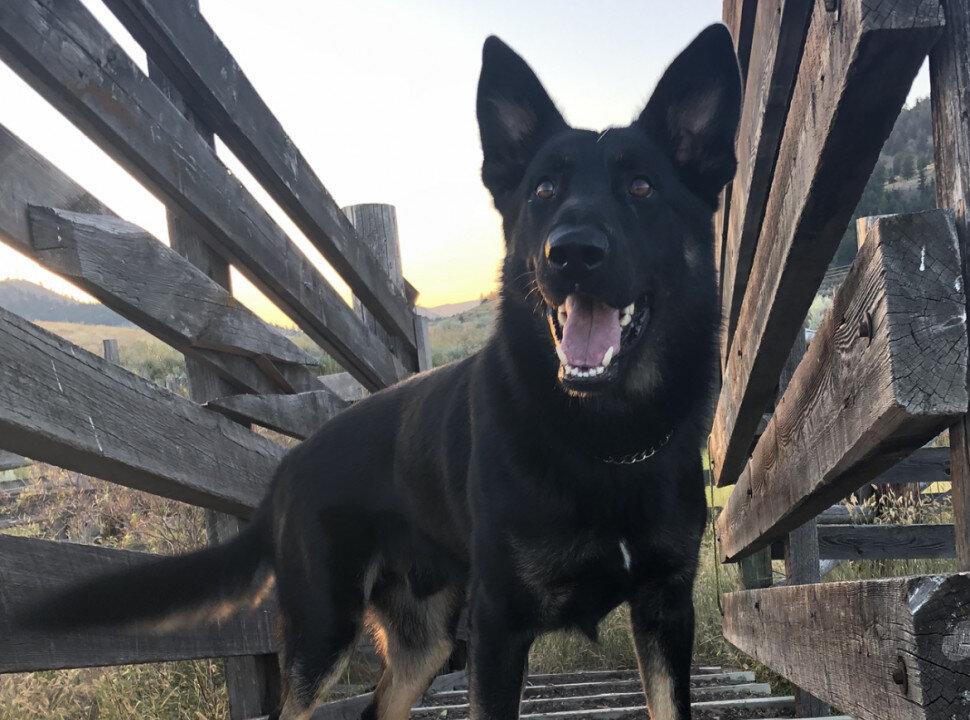An RCMP service dog is being lauded as a hero after helping officers rescue an infant from a potentially life-threatening situation in the Winnipegosis area last month.
Police service dog Marook and his handler successfully located a man who fled into the bush April 18 carrying an infant after allegedly threatening to shoot people earlier in the day. The baby was not adequately dressed for the “sub-zero temperatures,” Manitoba RCMP said in a May 1 press release.





